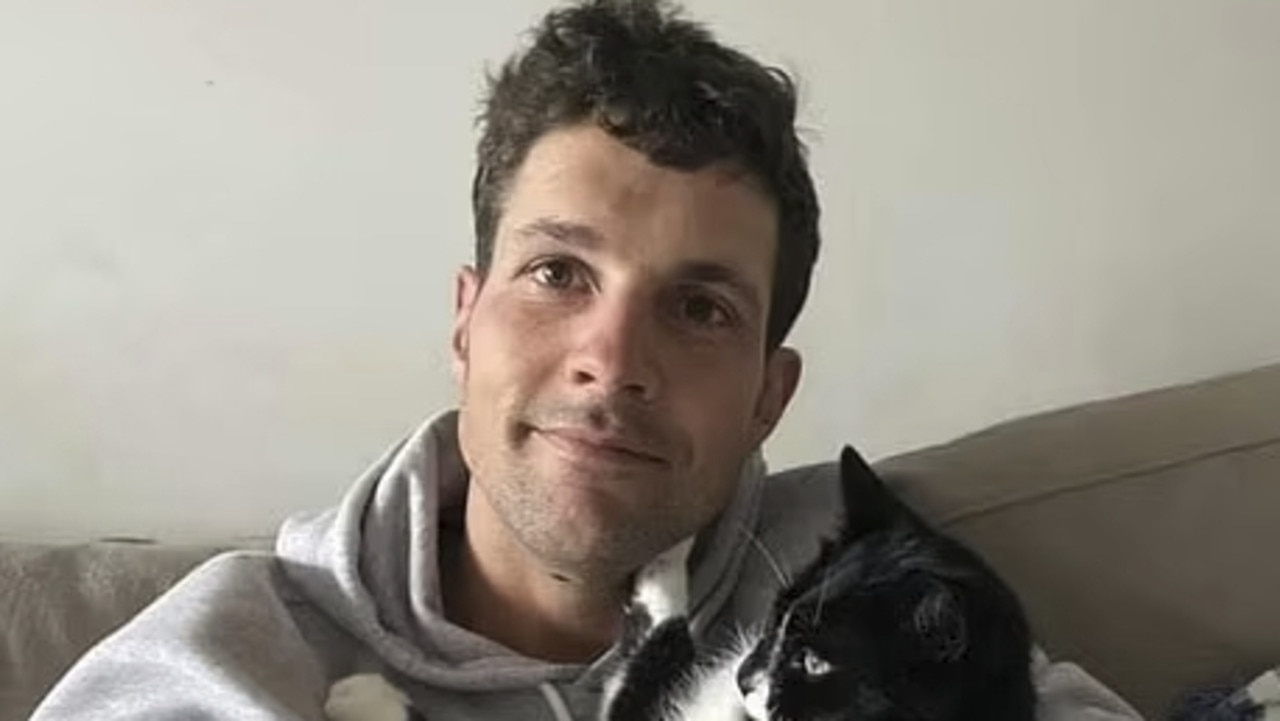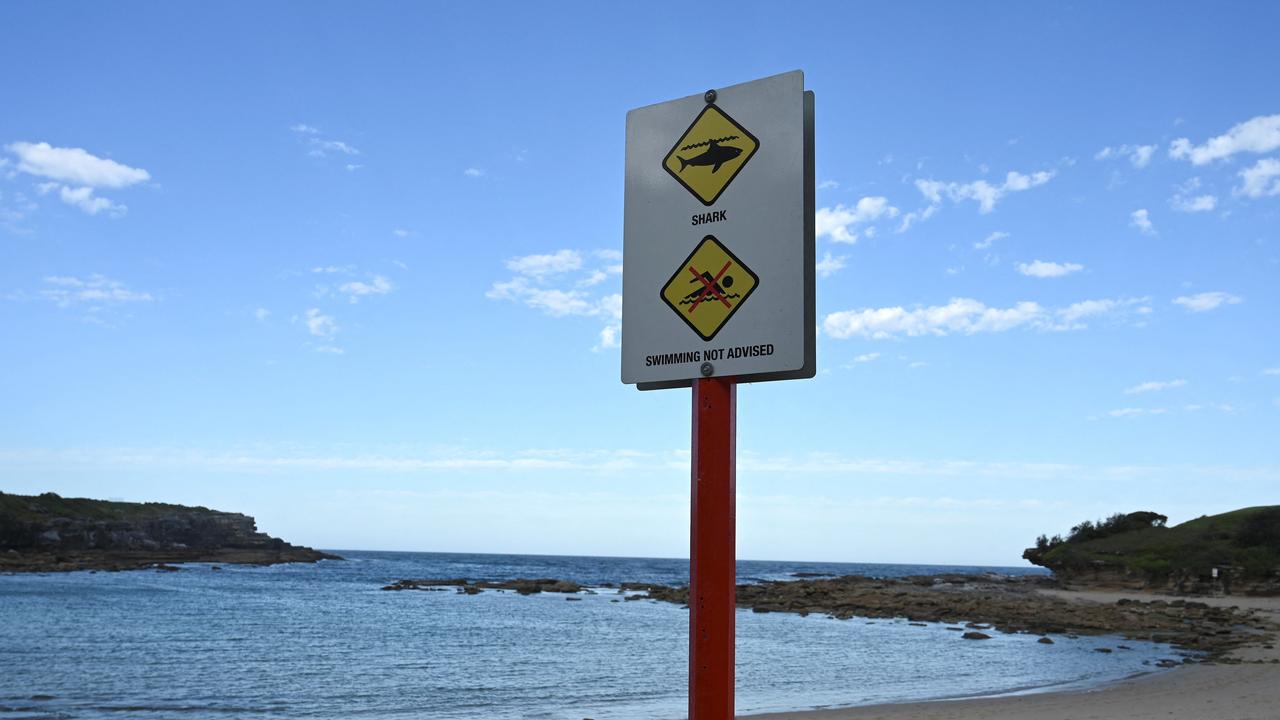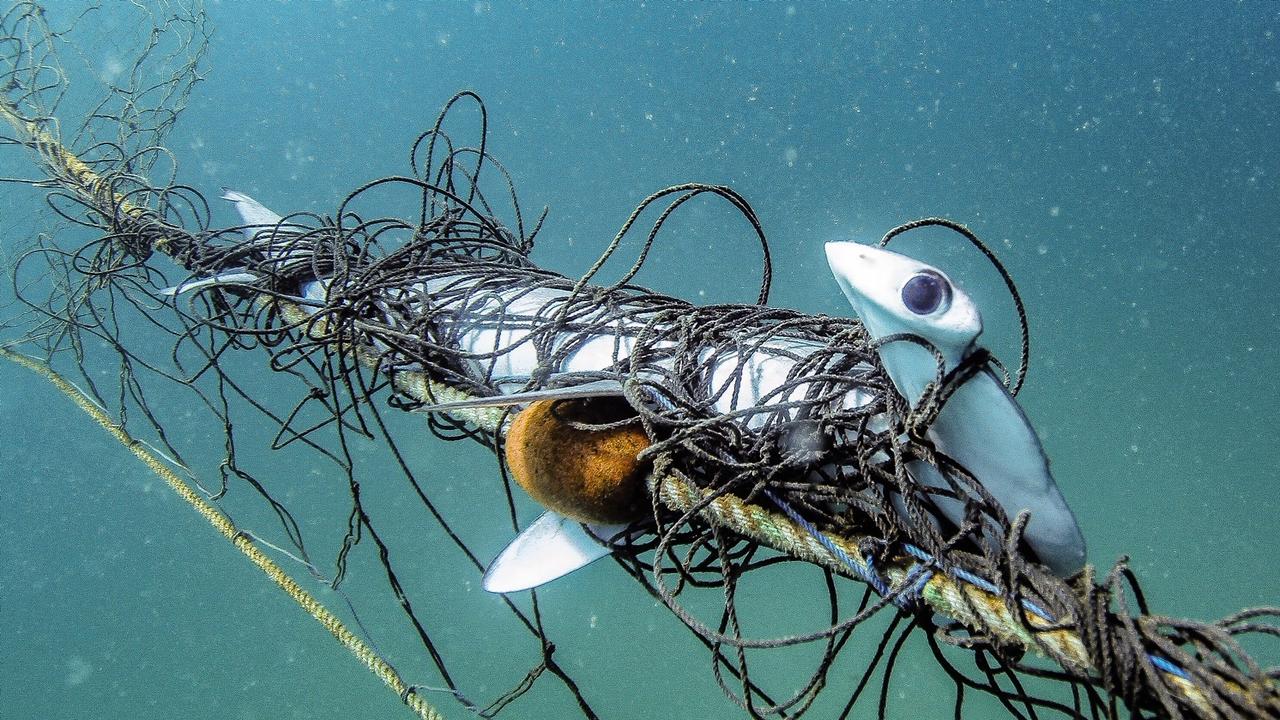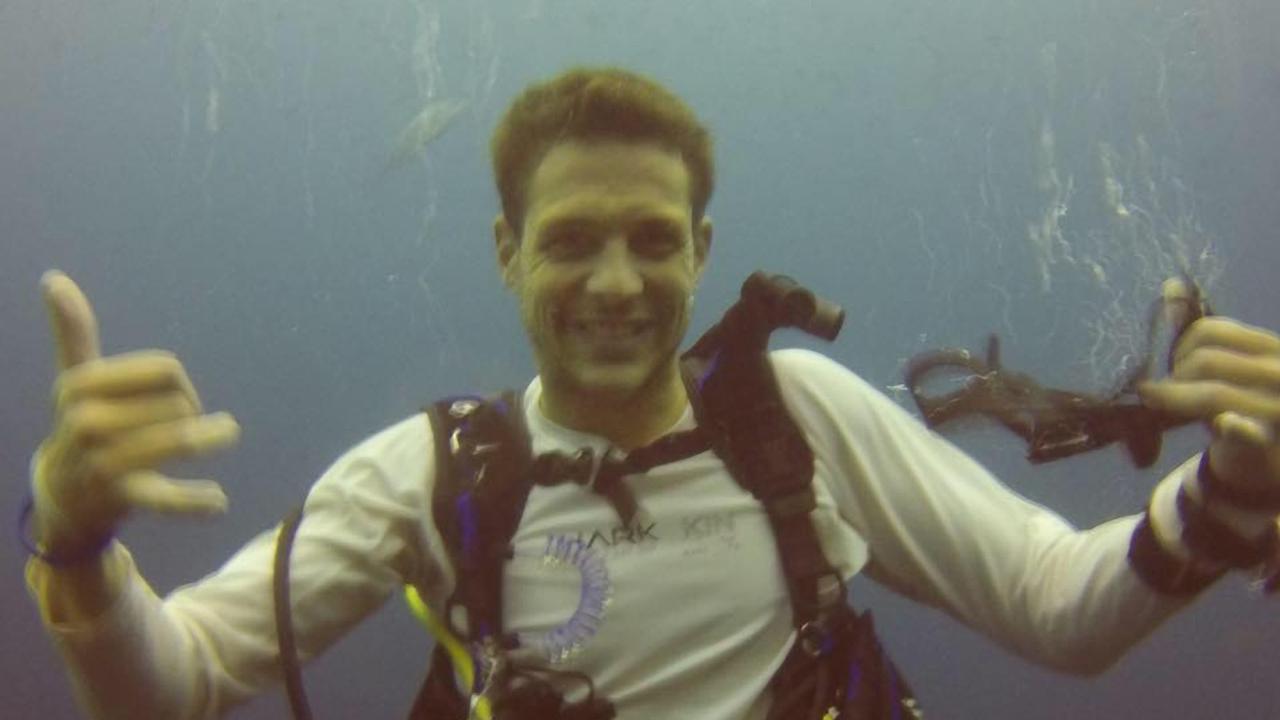Why you’re wrong if you want a shark cull after the fatal attack in Sydney
Wednesday’s tragic shark attack has sparked barbaric calls for a shark cull in Sydney – but experts have revealed why this is a terrible idea.
The first fatal shark attack in Sydney in almost 60 years has reignited the shark culling debate – but experts have revealed why killing the apex predator isn’t the answer.
On Wednesday, 35-year-old diving instructor Simon Nellist was tragically killed by a shark at Buchan Point, near Little Bay in Sydney.
He was just 150m away from the beach training for a charity ocean swim when the attack occurred in front of dozens of horrified witnesses.
The British expat suffered “catastrophic injuries” and unfortunately could not be saved.
The tragic situation has rocked the country, with many members of the public understandably frightened by what has occurred.
Stream 25+ global & local news channels with Flash, a dedicated news streaming service. New to Flash? Try 14 days free >

Unfortunately that fear has resulted in some calling for the shark to be captured and killed, along with calls for shark culling in general.
“Idiotic Shark Protection 1959 still in force. Human sacrifices to appease moron minority groups that Govt lives in fear of,” one Twitter user wrote.
“Cull these predators. Human lives do matter.”
“I care more about human life and our enjoyment of beaches than I care about some fish,” another person said.
Another person claimed it was in the “nature” of sharks to kill, which is “why we eliminate the threat”.
“I don’t place morality on an animal. I don’t see it as a moral agent so I’m not going to condemn one for eating somebody, just as I wouldn’t condemn somebody for killing it,” they added.
Other social media users have noted that it is “time for a shark cull”.
Australia is one of the only countries in the world that actively kills sharks in order to protect beachgoers.

The great white shark, believed to be the species responsible for the attack, was classified as a protected species by the NSW government in 1996.
In 1999, their threatened species status was elevated to “vulnerable” to extinction.
However, the animal can still be killed if a permit to harm protected wildlife is obtained under the Environment Protection and Biodiversity Conservation Act (EPBC Act).
But killing sharks, whether it be the animal responsible for the attack or any other shark, isn’t going to help.
Associate Professor of Environmental Science, Bond University, Dr Daryl McPhee, explained why killing sharks in the wake of an attack is problematic.
“It’s unlikely authorities would ever be able to hunt down the individual shark involved in Wednesday’s fatality,” he wrote for The Conversation, noting sharks can travel large distances in a short amount of time.
“Any increased effort to kill sharks is likely to face public and political opposition, for several reasons.
“First, sharks pose a low risk to humans. It’s true that globally, the frequency of unprovoked shark bites has increased, due to factors such as more water users and changes in shark distribution and behaviour.
“But the probability of an unprovoked shark bite remains low.”
The second reason is that many people are now realising the important role that sharks play in the marine ecosystem and how killing them can cause devastating environmental damage.
It isn’t just actual culls that kill sharks, some of the supposedly “nonlethal” measures used are responsible for killing hundreds of sharks and other marine life every single year.
During the warmer months, shark nets operate at more than 50 beaches across NSW.
There have been growing calls for shark nets to be removed after photos released by the Animal Justice Party last year showed dead sharks, dolphins, turtles, sting rays and other marine life tangled in the nets.
The program aims to release all live sharks caught in the nets, but data has shown more than 80 per cent of the large “target” sharks die.

Victim spoke out against shark nets, drum lines
Friends and family of Mr Nellist have remembered him as a lover of the ocean and marine life enthusiast.
The diver was vocal about his passion and spoke out about how shark nets were killing marine life.
“Shark net and drum lines protect no one and kill all kinds of marine life each year,” he wrote on Facebook six months ago.

Beaches around the area, including Malabar, Maroubra, Coogee, Clovelly and La Perouse, have been temporarily closed while authorities work to find the shark responsible for the attack.
In response to Wednesday’s attack, the Department of Primary Industries (DPI) deployed six SMART drumlines from Little Bay Beach to Long Bay.
This technology uses hooks loaded with bait to trap the sharks so that they can then be tagged and relocated.
This new drumlines are designed to kill fewer animals as it issues an alert when an animal is caught, with the idea that people will be able to go and release them before they die.
However, there are still concerns over the stress and injury caused by their capture.

Andy Casagrande, a cinematographer and shark specialist, said Australia’s policy is “infamous for its brute force” shark cull and shark net tactics.
“Yet these tactics more likely attract sharks to the beaches rather than repel them,” he said in an Instagram post.
“Bottom line, sharks are ocean based apex predators, and if they wanted to, they would hunt & kill humans every day of the year, but they don’t. Humans on the other hand, do hunt & kill sharks every single day of the year.”
Dr McPhee said no system will ever be able to completely deter sharks from the coastline and more research was needed into nonlethal strategies.
“And no matter what system is used to protect beachgoers, it should be accompanied by efforts to educate the public about shark safety,” he wrote.
“Tips include avoiding swimming or surfing in low light levels, avoiding beaches near estuaries after heavy rain and flooding, and avoiding places where stranded marine mammals are present – as the sites may attract sharks.”






